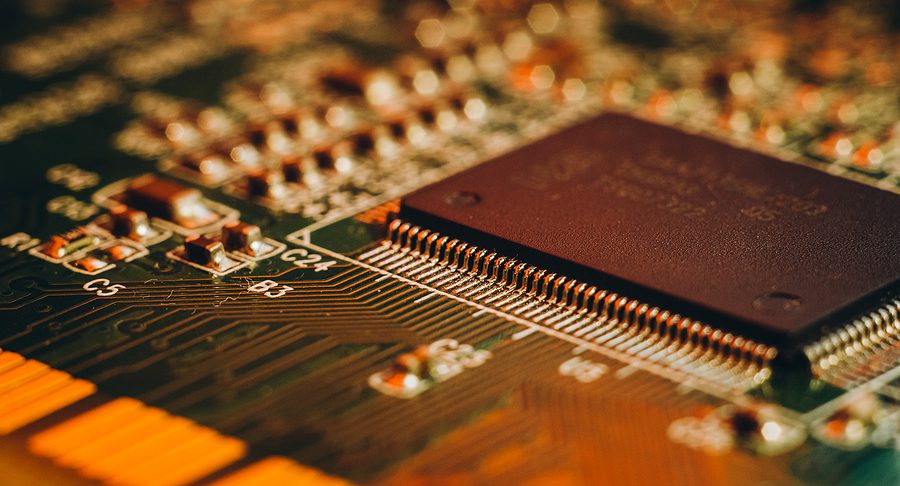Resolving Medical Device Manufacturing Challenges with a Trusted ECM
There are several challenges facing the medical device manufacturing industry. Partnering with a trusted, experienced, and qualified ECM can help you avoid some of these common challenges, and can help you resolve those you are already facing. With the right ECM, medical device manufacturing can be far less stressful to manage.

Challenge 1: Failure to Consider Regulations
Some product development teams wait until after the manufacturing process to consider regulation and compliance concerns. When this phase isn’t considered early in the process, the result is extra time for a redesign of products that are out of compliance. A redesign after the manufacturing stage will not only delay the delivery, it can add substantial costs to the overall project. Before the manufacturing, or even the design phase, consider the target market and the regulatory requirements. Your product regulations may require component suppliers to be in compliance as well, and that is crucial to know. When you partner with an experienced ECM, they can review your design for compliance and will work with vetted suppliers all while keeping the success of your product in mind.
Challenge 2: Lack of Knowledge of Standards
Some standards are mandatory while others are only recommended. It’s important to know which standards are required for your product and to ensure that your ECM has the right certifications and guidelines for regulated medical devices. Your ECM should at the very least hold ISO 13485 and 9001 certifications for documentation and safety, as well as IPC-A 610 for quality and performance of PCBs. These certifications aren’t mandatory for doing business, but an ECM who does abide by these guidelines is the easiest way to ensure that they will understand what is required for medical device manufacturing.

Challenge 3: Using Uncertified Components
While it’s always a smart idea to use vetted suppliers to ensure the highest quality components, it is crucial in medical device manufacturing. Medical products have critical components that will often require precertification and approval for use. Failure to have the components pre-certified may delay the product due to expanded testing, and unapproved components will not meet the ISO standards. Your ECM can scout for both components and suitable replacements that will all meet the standards required.
Challenge 4: High Production Costs
Compliance testing and approval are expensive. Staying within the regulatory requirements can be costly to begin with, and a global market with varied regulatory requirements by region can increase expenses. It’s nearly always easier to build to the single, highest-regulation friendly model than to worry about developing multiple variations for the global market. Your ECM can help you determine your market and the best way to streamline your design and keep your production costs under control while still staying within compliance.
Challenge 5: Failure to Leverage Outside Experts
When you have dedicated resources available to navigate compliance standards, the regulatory review and approval process can be expedited. PCB assembly for medical devices requires professionals with a vast knowledge of compliance and standards. Having the right experts at the ready can make any job much easier. A turnkey PCB manufacturer will allow you to meet compliance at every stage of development without the need to move your design around to several facilities.
When you partner with a trusted, experienced, turnkey ECM early in development, you can have a more stable, predictable, cost-effective, and efficient product launch. With the right ECM, you will be able to streamline product approval and get your device to market quickly. To learn more about our capabilities, or for a quote on your next medical device project, contact Levison Enterprises.
Start Your Quote Now!